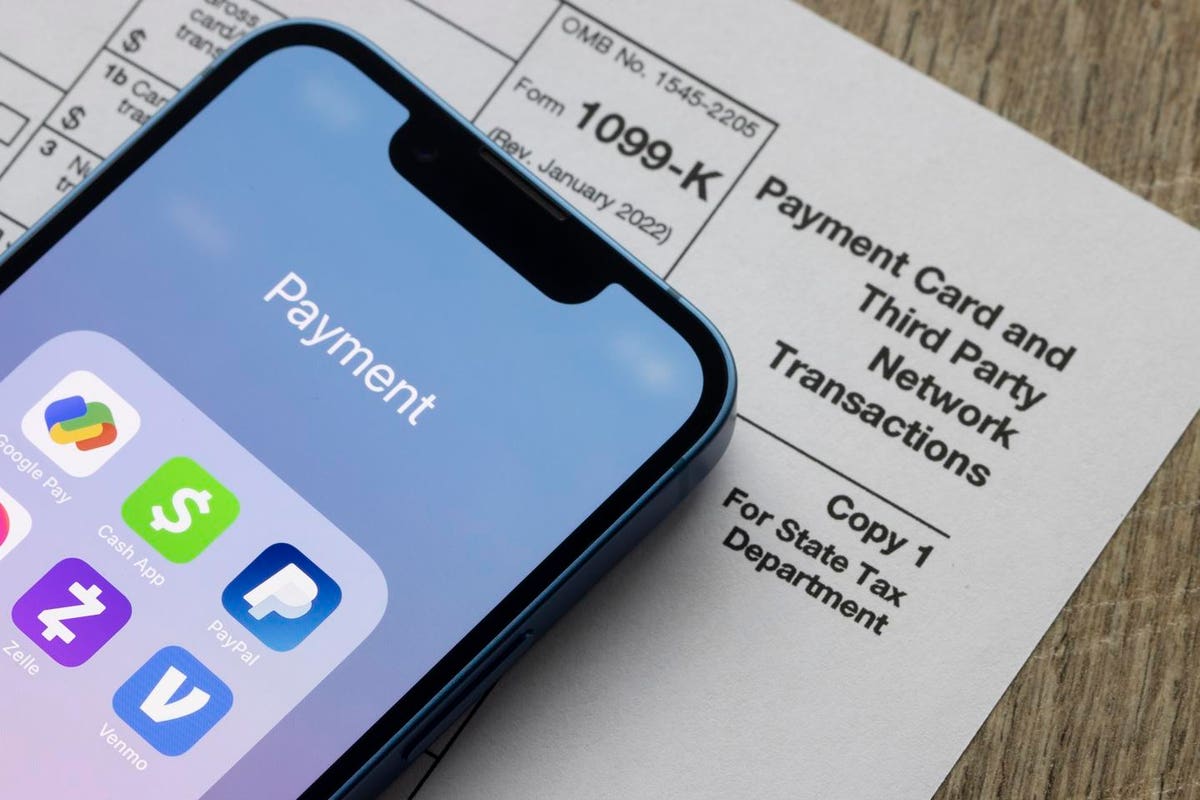It’s amazing how many ways you can send money to your friends.
I still remember when PayPal
PYPL
The challenge with all of them is they each work slightly differently, and the average person can be quite unsuspecting.
When it becomes this easy to send money, scammers have figured out ways to trick people into sending it to the wrong person. And with many of these apps, it’s hard to recover your money if you make this mistake.
To protect yourself and your money, it’s essential to know how these Cash App scams work so you can see the common red flags and avoid being taken advantage of.
What Is Cash App?
Cash App was developed by a company called Block
SQ
Cash App is Block’s payments app, and it’s a financial services platform — partnering with Lincoln Savings Bank and Sutton Bank — that offers bank-like services.
The benefit of using Cash App is the convenience. You can send money to a friend without paying a fee, which is helpful if you’re splitting a bill or otherwise owe someone some money.
What Are Some Common Cash App Scams?
As you’d expect with an app that makes it easy to send money to someone else, scammers have tried to figure out ways to use it to their advantage.
There are a lot of Cash App scams. Here are a few examples:
Scam Payment Requests
Scammers can target Cash App users by sending them payment requests with misleading or fake information.
They may use fake profiles, posing as friends or familiar businesses to trick users into accepting these payment requests.
Sometimes, they even send money to the Cash App user and then say it was an accident. Then they ask for a refund, but the money was initially sent from a hacked or stolen account. The user sends back the money, but now they’re left with the headache of dealing with the original fraud.
Fraudulent Or Spoofed Cash App Support Calls
Another common scam is when someone contacts you and claims to be part of the Cash App support staff. This happens with credit cards and banking very often. They will contact you and ask you for sensitive information, such as your password or PINs. Sometimes they’ll ask you just to confirm some information, which seems innocent but has an ulterior motive.
If someone ever calls you claiming to be from Cash App’s support team, politely hang up and call the bank yourself. This is the only way to know whether you’re speaking to someone legitimate.
Winning Prizes Or Sweepstakes You Never Entered
Have you ever won a prize for a contest you never entered? No, it’s not plausible.
But scammers will try to trick you into believing you’ve won something; you just need to pay a small fee to get your reward. Maybe you won a car and can claim it once you’ve paid the taxes for it. Perhaps you won a sweepstakes and need to give them your banking information so they can deposit it.
Scammers are very sneaky and very clever. But if you really won a Cash App prize or sweepstakes, the company would have your information already and can deposit it into your account directly.
How To Avoid Cash App Scams
The key to avoiding all Cash App scams, and many scams in general, is to be skeptical about everything.
Don’t respond to messages, calls, or requests from strangers. Don’t give your information out to anyone. Don’t believe anything anyone says unless you know them and can see them in front of you.
You avoid many common Cash App scams by being extraordinarily cynical and skeptical.
What To Do If You’re Scammed
Sadly, even the most diligent users can still get scammed. We all make mistakes.
If it does happen to you, report it to Cash App.
- Open Cash App on your phone
- Tap your profile picture at the top right
- Scroll down and tap “Support”
- Scroll down to “Chat”
- Explain your situation and the scam
- Alternatively, you can call 800-969-1940
Next, you’ll want to let any affected bank or credit card companies know that you’ve been scammed. Based on the specifics, they along with Cash App can advise you on what to do next.
Finally, you can file a complaint with your local police department or the Federal Trade Commission.
Read the full article here











Leave a Reply